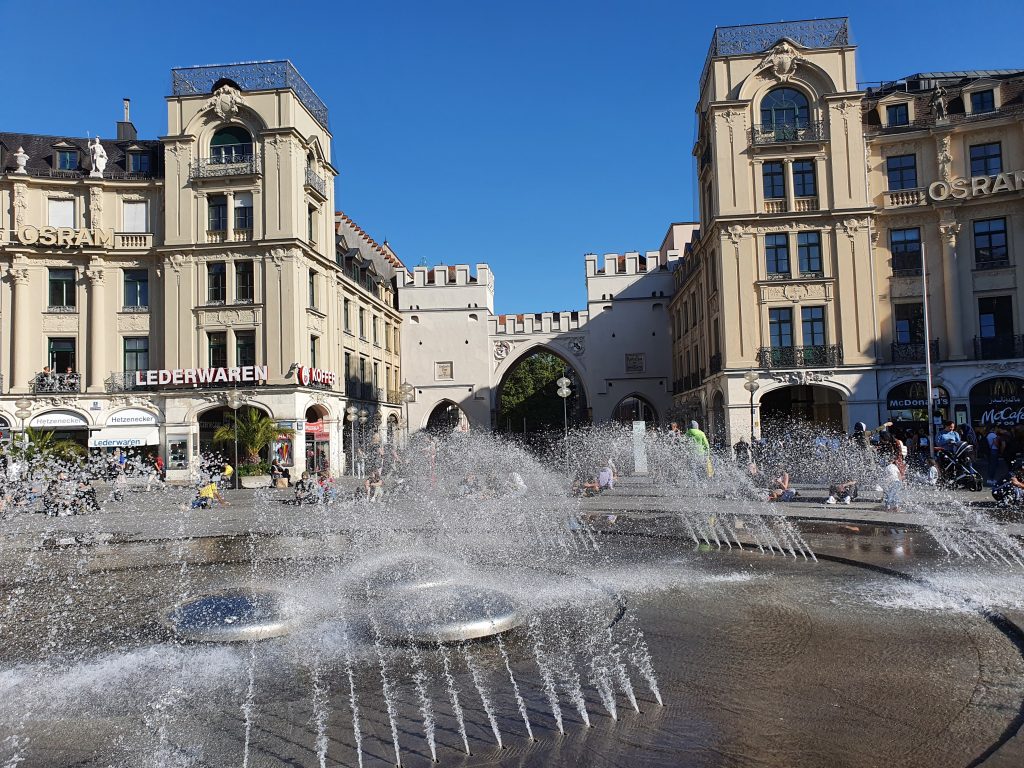There are various freemason lodges in Hungary including in Budapest the capital. There are also freemasons in the larges cities including Keszthely, Sopron, Gyor and Pecs. Freemasonry, an enigmatic and secretive fraternal organisation, has a long and intriguing history in Hungary. Despite its global presence, Freemasonry in Hungary has maintained an aura of mystique and secrecy.
Historical Roots

The origins of Freemasonry in Hungary can be traced back to the 18th century, when the country was part of the Habsburg Empire. The first documented Masonic lodge, known as “The Green Tree,” was established in the city of Pozsony (now Bratislava, Slovakia) in 1746. As Freemasonry gained popularity, lodges began to emerge in other Hungarian cities, such as Buda and Pest.
During the Enlightenment era, Freemasonry played a pivotal role in spreading progressive ideas and advocating for human rights and social reform. This clandestine brotherhood provided a platform for intellectuals, artists, and political thinkers to meet and exchange ideas, often challenging the prevailing authoritarian regimes.
Significance of Freemasonry in Hungary
- Enlightenment and Reform: Freemasonry in Hungary played a crucial role in promoting Enlightenment ideals and advocating for social reform. It became a gathering place for thinkers who sought to advance education, science, and the arts.
- Intellectual Exchange: Freemason lodges provided a unique environment where individuals from diverse backgrounds could come together to discuss politics, philosophy, and science. This exchange of ideas contributed to the intellectual development of Hungary.
- Cultural Influence: Freemasonry left an indelible mark on Hungarian culture. Many prominent Hungarian poets, writers, and composers, such as Ferenc Kazinczy and Ferenc Liszt, were Freemasons. They were influenced by the fraternity’s emphasis on moral and ethical values.
- Secrecy and Symbolism: Freemasonry is known for its secretive nature and elaborate symbolism. Hungarian lodges adopted these practices, fostering an air of intrigue and mysticism around their activities.
Challenges and Suppression
The 19th century brought challenges to Freemasonry in Hungary, as it faced increased scrutiny and persecution from the authorities. In the aftermath of the Hungarian Revolution of 1848-1849, the Habsburg monarchy intensified its efforts to suppress revolutionary elements, including Freemasonry. Many lodges were forced to go underground, and some were disbanded altogether.
Twentieth Century Revival
The 20th century witnessed a revival of Freemasonry in Hungary after periods of suppression and turmoil. Following the fall of the Austro-Hungarian Empire and the establishment of the First Hungarian Republic in 1918, Freemasonry regained some of its former influence. However, this resurgence was short-lived, as the rise of totalitarian regimes in Hungary and Eastern Europe led to further suppression.
Modern Freemasonry in Hungary
In the post-communist era, Freemasonry in Hungary experienced a resurgence, reflecting the broader revival of civil society and the pursuit of democratic values. Today, there are several active Masonic lodges across the country, with members coming from diverse backgrounds, including business, academia, and the arts.
Masonic Lodges in Hungary
- St. John’s Lodge: One of the oldest and most prestigious Masonic lodges in Budapest, St. John’s Lodge, was founded in the 18th century. It has a rich history of contributing to philanthropy and fostering intellectual exchange among its members.
- King Solomon Lodge: Another well-known lodge in Budapest, King Solomon Lodge, draws inspiration from the legendary biblical figure. This lodge places a strong emphasis on the moral and ethical development of its members.
- Budapest Lodge: A more recent addition to Budapest’s Masonic scene, Budapest Lodge is known for its commitment to community service and charitable work. It embodies the modern values of Freemasonry.


